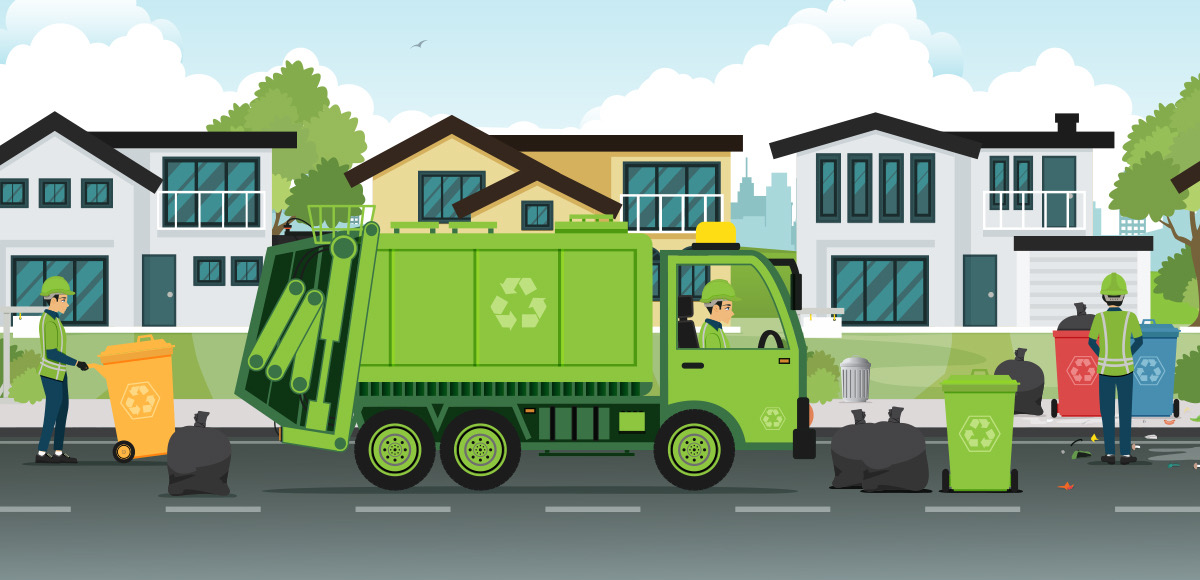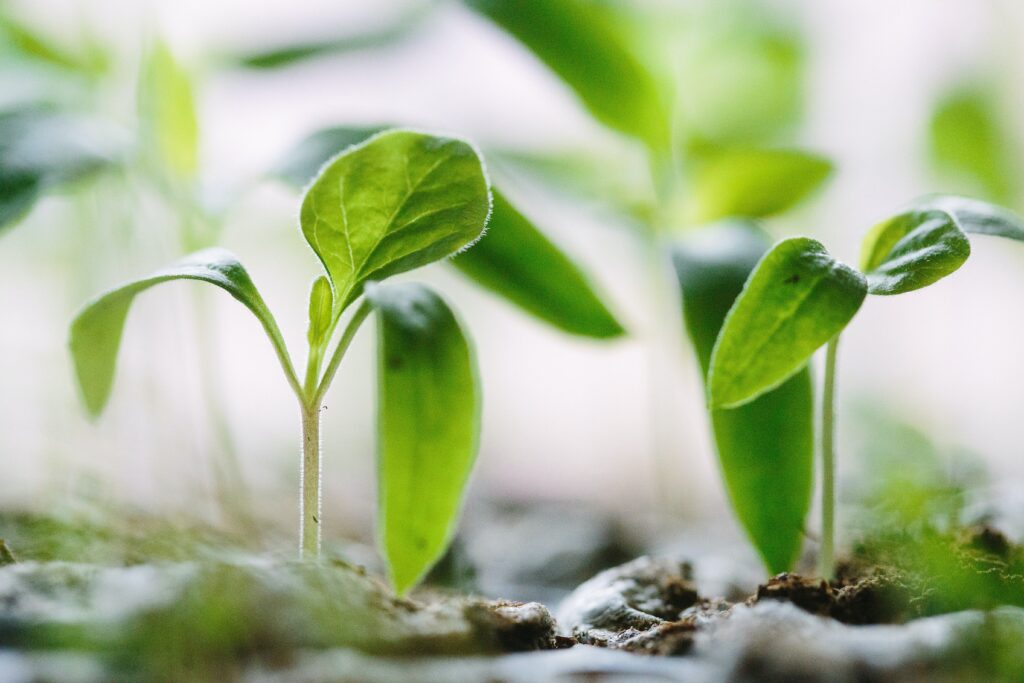
The global concern around plastic and disposable packaging is at an all-time high. Awareness is growing in New Zealand, with 72% of its people concerned about plastic waste and its effect on the environment.
We need to act fast to save our environment, but many people find it difficult to know what they can do to really make a difference. In Part 1, we defined the different types of sustainable packaging and how to dispose of them appropriately. Now we’ll take a deeper look into how the country as a whole can work together to reduce waste and support a full circle of sustainability .
Growing awareness and a change in attitude was triggered with the ban of the single-use plastic shopping bags, however it’s essential that the momentum continues. According to the Colmar Brunton Better Futures Report 2019, “New Zealanders say they are increasingly committed to living sustainable lifestyles, with four in ten rating themselves as highly committed”.
The optimal packaging solution
It’s been identified that the best packaging solution must complete the full circle of sustainability. Keep in mind, all packaging, no matter how sustainable, requires resources and energy to produce, transport to market, and be collected and disposed of properly.
With the current infrastructure and restrictions in New Zealand, WasteMinZ recommends the following hierarchy for preferable packaging and serve ware.
- Prevention – eliminate using any unnecessary packaging where possible
- Reusability – make packaging reusable, resealable or refillable when possible
- Recycling – choose materials or make products that are recyclable, using plastics that support economical recycling programs
- Compostable – ideal for fruit stickers, tea and coffee bags, asparagus ties, banana tape
New Zealand’s recycling recharge plan
Thanks to media, the public are well aware that problems with waste management are escalating. In previous years, New Zealand sent its growing amount of waste and recycling offshore, until last year when China put a ban on importing waste materials to be recycled. This has been a wakeup call for the government, adding pressure to find solutions and act fast.
Currently, glass and cardboard and limited types of plastic can be recycled in New Zealand, with the majority of plastic still being shipped overseas. The New Zealand recycling industry is currently in crisis with businessesunable to re-coop the costs of collecting and recycling.
So, what’s going to happen? Recently the government released its plan to recharge recycling. Associate Minister for the Environment Eugenie Sage made this promising statement:
“The taskforce looked at how our resource recovery system is functioning, how we can support more onshore processing of recyclables, and help New Zealand shift to a circular economy approach where products are better designed so that more materials can be recovered and re-used.”
Find the details of the programme here.
Redefining our behaviours
Everyone is falling in love with beeswax wraps, reusable coffee cups and stainless-steel pegs or straws. Each one of these simple swaps make a difference. However, it is the collective behaviour change of reducing our disposable plastic use that is absolutely monumental.
Plastic changed the world and has its benefits, however it’s how we value, use and recycle plastic that needs to evolve. If we rely on single use alternatives to plastic, like plant-based trays or home compostable bags, both which cost our wallets and resources, change in our behaviour will not occur.
The more you learn about plastic, it’s history and where it all went wrong, the more likely you are to make changes. For some background knowledge listen to this mind blowing programme that explores our love-hate relationship with plastic.
Sustainable solutions with Chantal Organics
Our vision is to provide sustainable, natural, organic food that supports the wellbeing of both people and the planet. As part of this vision, we carefully consider our practices, our range and our packaging. We realise that there are always improvements to be made, and are proud to offer the following:
- An extensive range of bulk organic ingredients for refill stations in stores nationwide. Customer are table to refill their own reusable containers, eliminating the need for unnecessary packaging.
- Reusable, resealable and refillable retail bags. They are ideal for using at bulk refill stations, packing your leftovers or just for random bits and pieces
- Transitioning these retail bags into soft plastic recyclable bags
- A range of product packaging that can be recycled in NZ: glass jars, metal lids, BPA-free cans, large paper bags for dry goods and cardboard outer boxes.
- Transitioning our jar labels to Rockstock, a brand of Rich Mineral Paper (RMP), a tree-free paper manufactured from milled quarry waste stone, marble and tile and offcuts left over from the building industry (brilliant!) using no water and minimal energy.
- Intrinsically, organic foods are farmed and produced in a more sustainable way that their conventional counterparts, putting the health of the soil and the environment first.
- Partnerships with sustainably minded businesses such as Isola Bio, Clipper and Loving Earth.
You can make a difference. Here’s how.
Alongside your simple swaps, here are some tips for supporting the full circle of sustainability.
- Support zero waste and avoid all types of packaging whenever possible.
- Avoid any plastic products or packaging labelled as biodegradable or degradable – it is not clear what happens to these products when they end up in a landfill and how long the plastic will remain in the environment.
- Support recycling programs. It is essential that recyclable materials are cleaned and placed in the appropriate bin. This supports our nation’s recycling programs, making them viable to be maintained and grow.
- Write a letter to your local council, supermarket, restaurant or editor. Ask about their commitment to supporting zero waste, plastic free options or recycling programs in your area. Download a toolkit here.
- Make sure compostable packaging is certified and disposed of correctly. Put it in your home compost or find out if there is a commercial composter in your region who is willing to take it.
- Vote with your dollar. Choose to buy from sustainably-minded companies who are environmentally friendly, reduce their packaging and support social welfare.
Global awareness and initiatives to be sustainable and support the planet are creating a strong movement. The current plastic pollution problem can be overwhelming, but change is possible. Hang onto hope and keep making small steps for a collectively big impact.

